Meta Platforms, owner of Facebook and Instagram, has announced plans to launch a fully AI-driven ad-creation platform by the end of next year. This system will enable advertisers—especially small and medium-sized businesses—to input a product URL or image, set a budget, and have Meta autonomously generate, target, and optimize complete campaigns across formats—including image, video, text, and placement.
What the Platform Can Do
Creative generation: Builds ads from scratch—images, multi-scene videos, copywriting, and branding—using tools like Advantage+ and image-to-video converters
Advanced targeting: Employs Meta’s Lattice engine to allocate ad spend, refine audience targeting, and adjust pacing in real time
Automated budgeting: Balances campaign efforts across goals such as ROAS, profit, and conversion, with minimal human oversight
Industry Disruption & Agency Threats
Meta battles entrenched ad agency models—storyboarding, media buying, client liaisons—by offering a sleek, end-to-end AI solution. This has triggered market jitters: shares of global ad giants (WPP, Publicis, Havas) tumbled ~3–4% upon announcement
Agencies are concerned about “black box” AI with little creative uniqueness and limited transparency. A creative director warned that agencies risk becoming obsolete unless they champion human storytelling and strategy .
Meta insists it sees agencies as strategic partners—not casualties—enabling them to offload production and focus on high-level creativity
“We believe in the future of agencies. We believe AI will enable agencies and advertisers to focus precious time and resources on the creativity that matters. While we think there will ultimately be more automation in marketing, the role that agencies play is going to become ever more important through their ability to plan, execute and measure across platforms.” Alex Schultz, chief marketing officer and vice-president of analytics at Meta, in a recent post on LinkedIn.
Impact on Traditional Media Models
Democratization of ad creation: Millions of small business advertisers gain direct access to high-quality campaign tools previously available only to agency clients
Pressure on margins: Agencies built on hourly fees and creative production face erosion as automation slashes costs and time-to-market
Shift to consultancy: Agencies pivot toward brand narrative, measurement, and cross-channel attribution—areas where AI still struggles
Rise of performance pricing: Industry compensation models may prioritize outcomes over effort, accelerated by Meta’s technology
Investor Watch: Jamaican Ad Agencies on JSE Junior Market
The Limners And Bards Limited and One Great Studio, local creative houses listed on the JSE’s Junior Market, face both risks and opportunities.
Risks:
Client loss to self-serve AI tools on Meta.
Margin compression as SMEs opt for in-platform solutions over agency retainers.
Need for rapid adoption of AI to stay relevant.
Opportunities:
Local agencies could offer premium services—creative consulting, storytelling, campaign analysis—that AI can’t fully replicate.
They can act as intermediaries, bridging the gap for brands that need personalized strategy and regional expertise.
Possible strategic partnerships to deploy Meta’s tools with bespoke oversight and local flavour.
“AI tools would help “level the playing field” for small and medium-sized businesses that do not have the time or financial scale to use agencies. Millions of small businesses rely upon our platform to grow. For these businesses who aren’t able to work with an agency, or don’t have time during their busy days to think about their creative or targeting, that’s where AI can help level the playing field.” Alex Schultz, chief marketing officer and vice-president of analytics at Meta
Strategic Playbook for Agencies
AI integration: Adopt platforms like Meta Advantage+ or Omneky to streamline production.
Human centricity: Focus on brand voice, emotional resonance, and formats requiring high-touch creative input.
Outcome-based offerings: Transition to performance-driven fee models, aligned with client ROI.
Niche differentiation: Leverage cultural understanding, regional targeting, and deep local networks to stay competitive.
“Investors quickly sold off some of the world’s largest marketing services as news of Meta’s planned AI rollout, which could significantly swell the $160bn (£118bn) the company already makes annually from advertising.”
Investors in Context
Meta’s AI push secures its ad dominance, potentially lifting platform ad revenues 15–20% by 2026 via SME market expansion
Junior Market agencies face an inflection point: failure to adapt could erode valuation; proactive transformation may present attractive long-term upside.
Investment signal: Look for agencies investing in AI, offering high-value services, and embedding performance-based revenue models.
Meta’s “infinite creative” ad ambition is a disruptive force—reshaping the contours of advertising from production to pricing. For traditional agencies, the future isn’t erased—it’s redefined, demanding agility, technological foresight, and narrative excellence. Investors should scrutinize which players can transcend production to become indispensable strategic storytellers in the AI era.


 Businessuite Women2 weeks ago
Businessuite Women2 weeks ago
 Businessuite News243 weeks ago
Businessuite News243 weeks ago
 Businessuite News242 weeks ago
Businessuite News242 weeks ago
 Businessuite News24 International3 weeks ago
Businessuite News24 International3 weeks ago
 Corporate Feature3 weeks ago
Corporate Feature3 weeks ago
 Businessuite Markets3 weeks ago
Businessuite Markets3 weeks ago
 Business Insights2 weeks ago
Business Insights2 weeks ago
 Businessuite Women4 weeks ago
Businessuite Women4 weeks ago


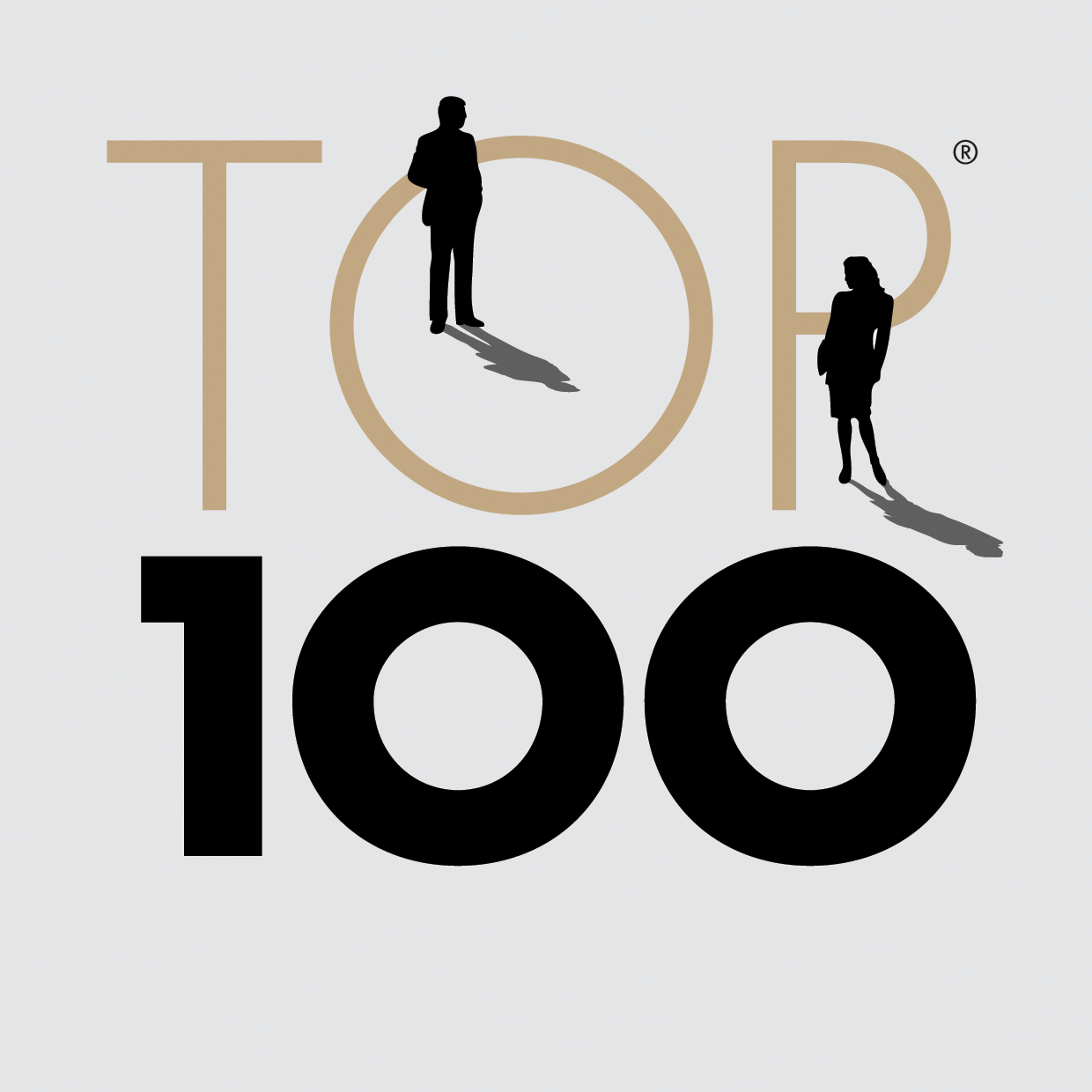




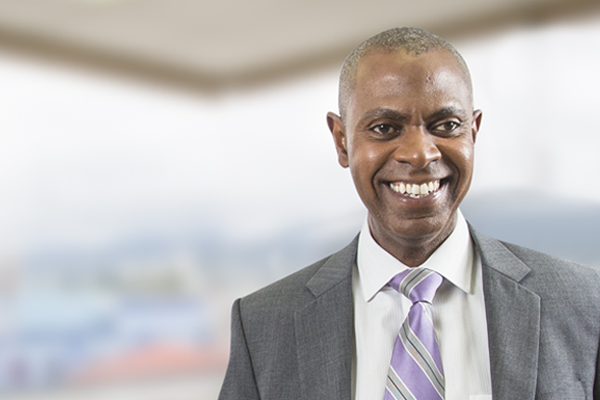


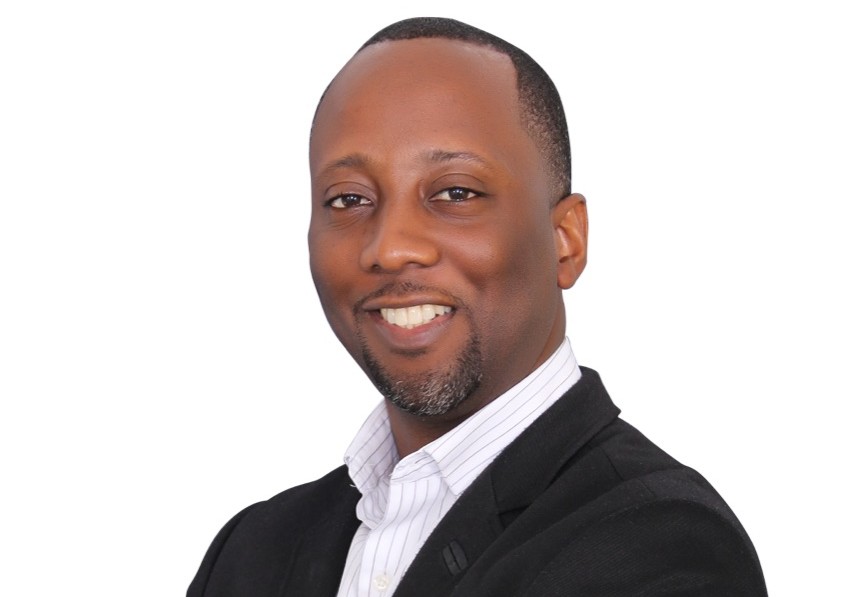
 In 2018, he founded
In 2018, he founded  Building on that mission, he launched
Building on that mission, he launched 
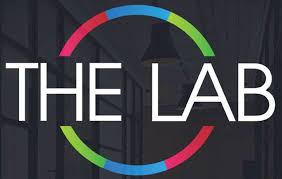 For the period under review, the Group’s consolidated balance sheet remained sound with a stable cash position, providing the financial flexibility to support ongoing operations and strategic initiatives.
For the period under review, the Group’s consolidated balance sheet remained sound with a stable cash position, providing the financial flexibility to support ongoing operations and strategic initiatives.
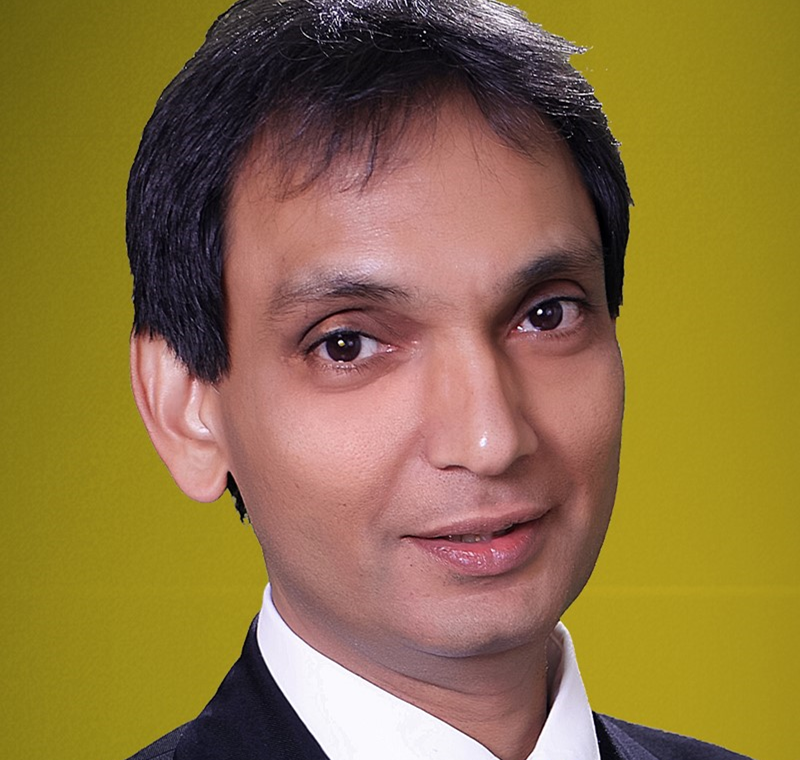
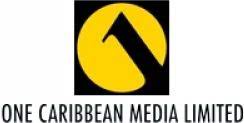 The OCM Group for the year ended December 2024 reported Revenues of TT$301M / US$44.3M (2023: TT$318M / US$46.8M) and a NPBT and impairment of TT$17.1M / US$$2.5M (2023: TT$37.2M / US$5.5M).
The OCM Group for the year ended December 2024 reported Revenues of TT$301M / US$44.3M (2023: TT$318M / US$46.8M) and a NPBT and impairment of TT$17.1M / US$$2.5M (2023: TT$37.2M / US$5.5M).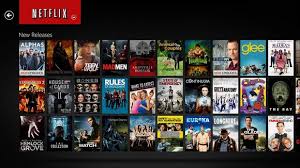 The LAB is strategically positioning itself to harness the escalating global demand for diverse and high-quality content. With major streaming platforms, including Netflix, projected to invest $18 billion in content in 2025—an 11% increase from 2024—the appetite for fresh storytelling is evident.
The LAB is strategically positioning itself to harness the escalating global demand for diverse and high-quality content. With major streaming platforms, including Netflix, projected to invest $18 billion in content in 2025—an 11% increase from 2024—the appetite for fresh storytelling is evident.




